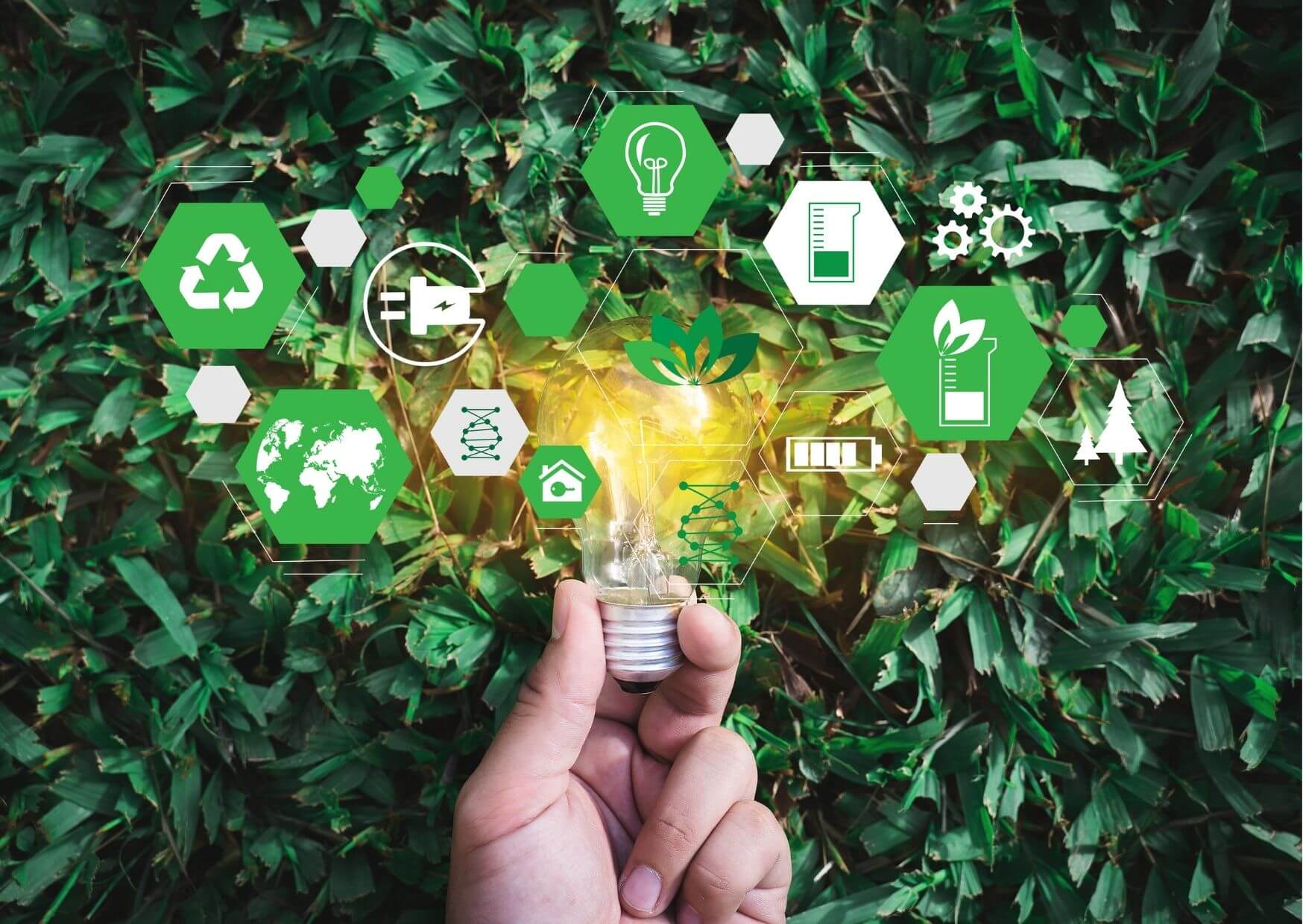
Sustainable Development Practices in the Hotel Industry
Earth is a resource-limited system. The growing production and consumption of goods and services in sectors such as hospitality is a source of environmental and social threats. As an important area of economic activity, hotels are increasingly joining the current transformation by following the principles of sustainable development. During renovations, they more and more often decide to hire general contractors and select building materials according to these principles.
Hotel Renovation as a Sustainable Investment
The structure of consumption and production has changed significantly in recent years, not only in the hotel industry but also in construction. This process was influenced by the pro-ecological attitudes of consumers towards the implementation of environmentally friendly technologies.
Hotel refurbishment as a sustainable investment combines:
- Economic aspect – reducing the costs of production, operation and demolition of the building after its exploitation, which in turn increases the overall income from the investment,
- Environmental aspect – reducing the consumption of energy, water, raw materials, greenhouse gas emissions and the amount of generated waste,
- Social aspect – care for the health, comfort and safety of users.
Hotel Renovation and Remodeling
The old buildings have a specific aesthetic that makes them perfect as hotels. Unfortunately, there are many sustainability concerns for older buildings. They are difficult to heat, often have poor ventilation, and their energy and water consumption do not follow expectations. However, demolishing them would mean the erasure of landmarks. By refurbishing hotels rather than rebuilding them, you can improve their durability without losing the structure. The hotel renovation or remodeling has a lower carbon footprint than building from scratch because it requires fewer materials. In the case of a hotel renovation project, the impact of coal is reduced.
Installation of Energy-saving Technology in Hotels
According to market research, 75% of the environmental impact of hotels is related to overconsumption, including energy use. Installing energy-efficient technologies such as appliances, lighting, heating and cooling systems can support both the environment and hotel’s utility bills.
Energy-saving solutions for hotels include:
- Installation of thermostats with timers
- Pipeline insulation
- Pipeline inspection
- Repairing leaking taps
- Installation of LED lighting
- Installation of light sensors
- Intelligent climate control
- Installation of heat pumps with an air source
- Installing intelligent lighting technology
Installation of Water-saving Devices in Hotels
There are so many ways hotels can save water. Installing toilet fill manifolds in older toilets saves about 3/4 of water per flush. Switching to low water washing machines can save up to 80% of your hotel water. Providing guests with water stations may discourage the use of bottled water. New construction technologies and materials give the possibility to renovate the hotel with low financial and environmental costs. Sustainability has made its way to the forefront of the global discussion. From the design concept to construction, sustainability should be the focus.
